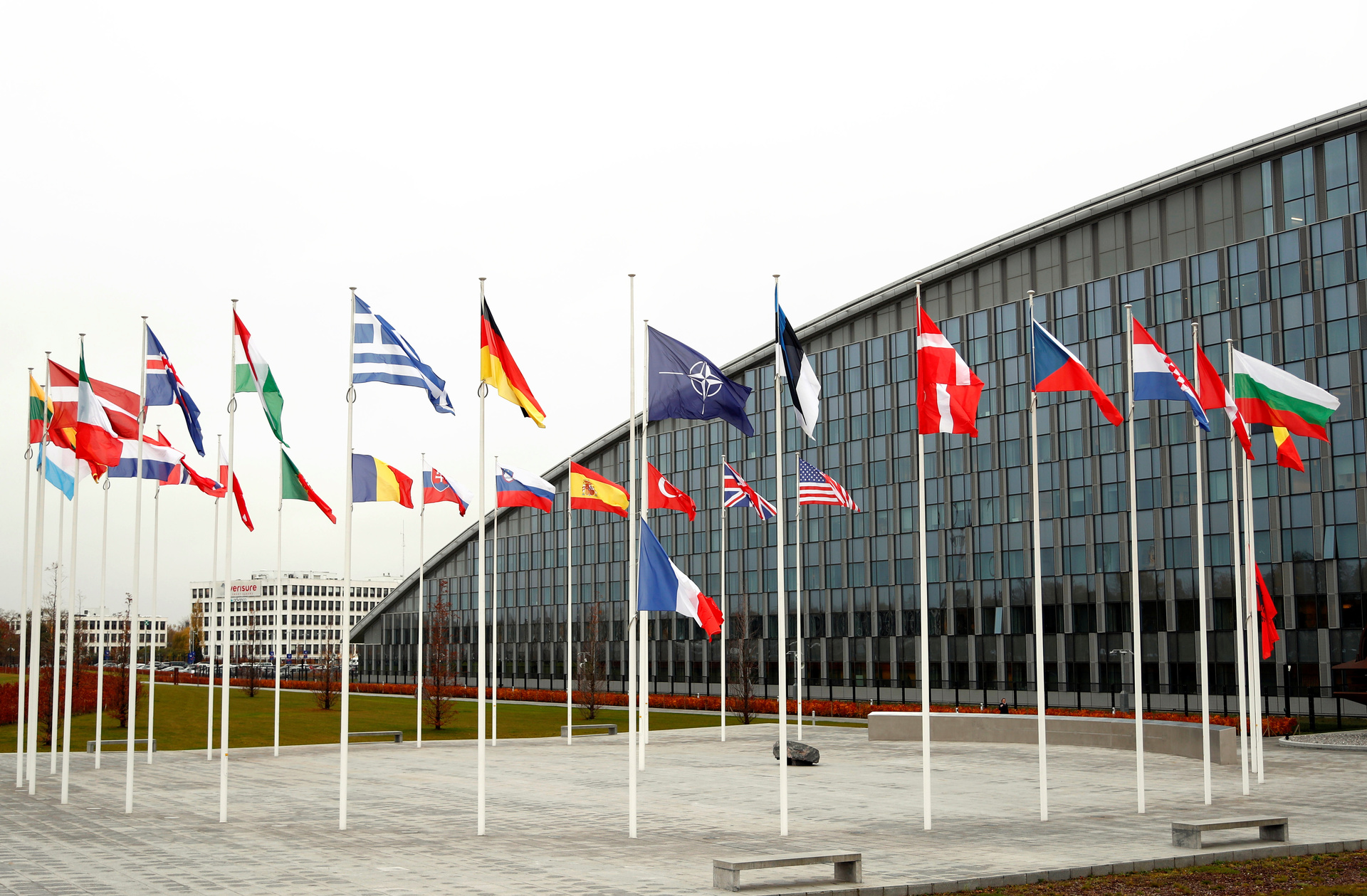NATO Secretary General Jens Stoltenberg made an unexpected statement. In a Fareed Zakaria GPS show on CNN, he told television presenter Farid Zakaria that the North Atlantic Alliance did not consider Russia to be its enemy.
“We do not make lists of opponents. We do not define Russia as an enemy. We see a more assertive Russia, which has used force against a neighboring country - Ukraine. We see that with the rise of terrorism, ISIS *, the security situation has become more unpredictable. We see cyber threats. We see that with the rise of China, the global balance of power is changing. And in times of uncertainty, we need such strong international organizations as NATO. We do not divide the world into enemies and friends, ”said Stoltenberg.
Recall that the final declaration of the 70th NATO summit, which took place in London on December 3-4, 2019, states that "Russia's aggressive actions pose a threat to Euro-Atlantic security." In particular, Moscow is responsible for the destruction of the Treaty on the Elimination of Short and Medium-Range Missiles (INF Treaty) - that is what the Russian authorities accuse the United States of having unilaterally withdrawn from the treaty.
“We are reacting and will continue to react in a deliberate and responsible manner to the deployment of new medium-range missiles by Russia, which terminated the INF Treaty, and which pose a serious threat to Euro-Atlantic security,” the NATO declaration in London emphasizes.
“We are still open for dialogue and building constructive relations with Russia when its actions allow it,” the declaration said.
It is worth noting that Stoltenberg’s interview came out on the eve of the meeting of the “Norman Four” in Paris - leaders of the Russian Federation, Ukraine, France and Germany (Vladimir Putin, Vladimir Zelensky, Emmanuel Macron and Angela Merkel). The leaders of the four countries for the first time since 2016 gathered in a format designed to discuss ways to resolve the conflict in the Donbass.
Associate Professor of the Department of Integration Processes at MGIMO, Alexander Tevdoi-Burmuli, interprets Stoltenberg’s words as a reminder of the exact wording that is in the NATO program documents.
- NATO soldiers in exercises
- Reuters
- © Ints Kalnins
“The Alliance refused to consider Russia as its enemy back in the nineties of the last century. This position has not yet been formally changed. There is not a single NATO document that says in black and white that Russia is an enemy, ”the expert recalled in an interview with RT.
In fact, Stoltenberg calls not to confuse two terms: the enemy (or probable adversary) and the threat, says Tevda-Burmuli.
“In the same London declaration, Russia was called a source of threat, but not a probable adversary - that is, not a country with which NATO is preparing to fight,” he explained.
According to the corresponding member of the Academy of Military Sciences Sergey Sudakov, Stoltenberg’s statement is directly related to the meeting in Paris.
“They do not sit at the negotiating table with enemies, they are at war with enemies. A meeting of the “Norman Four” would be meaningless if the official position of NATO was that Russia is an aggressor, it needs to be confronted, not negotiated. Stoltenberg wants to emphasize that the West is much more flexible than they often want to imagine, say, in Kiev, ”the expert explained in a conversation with RT.
Change within the alliance
Experts associate the refusal of NATO from militant rhetoric with the internal processes that are now taking place in the countries - members of the alliance.
- Flags of NATO countries at headquarters in Brussels
- Reuters
- © Francois Lenoir
“There is a very difficult situation. NATO as an organization has prestige among the small states of Eastern Europe. They are striving there to get some support, if you want, a protectorate, but not from the alliance itself, but from the United States, ”Sudakov says.
According to him, large countries are returning to the idea that they must act independently on security issues.
“Hence the Macron’s idea of reforming NATO towards strengthening the European component, as well as disagreements with Turkey, which has the largest, after the American, army in the alliance and great political ambitions,” Sudakov said.
A reflection of this kind of mood, according to Ermakov, is Stoltenberg's statement.
“The NATO Secretary General is a supporter of what he calls a two-track approach to Russia in his interviews. That is, he advocates deterring Moscow, but also for open doors for dialogue, ”the expert said.
However, the NATO summit declaration clearly states that Russia is a threat to the bloc. Moreover, in the list of threats that the North Atlantic Alliance must confront, the “Russian threat” is in the first place, continued Yermakov.
“That is, according to the declaration, Russia is worse than international terrorism and all other challenges. But NATO does not want to cross the threshold beyond which a war or some serious confrontation can begin. This was demonstrated by Stoltenberg with his statement, ”the expert concluded.
* “Islamic State” (ISIS, ISIS) - the organization was recognized as terrorist by decision of the Supreme Court of the Russian Federation of December 29, 2014.

